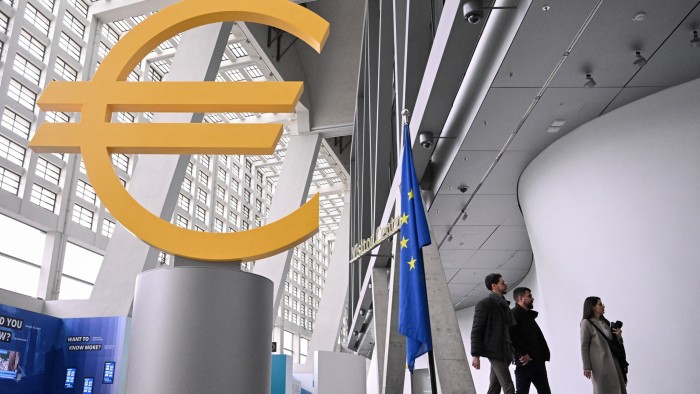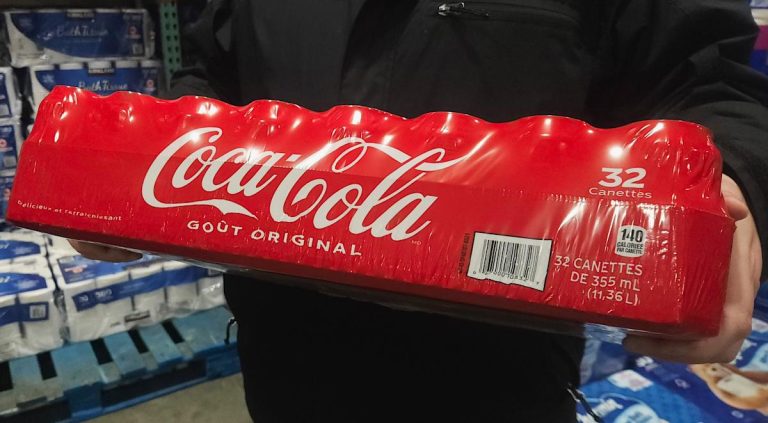Stay informed with free updates
Simply sign up to the Eurozone economy myFT Digest — delivered directly to your inbox.
Business confidence in the Eurozone plunged in April after US President Donald Trump’s sweeping tariff announcements, in the first palpable sign that the trade war is starting to drag on the economy.
The flash estimate for Hamburg Commercial Bank’s composite Eurozone Purchasing Managers’ Index, compiled by S&P Global, on Wednesday revealed that business confidence fell to its lowest level since November 2022 and well below the long-term average. In the UK, the PMI also fell more sharply than expected.
“The drop in confidence was widespread, both in terms of sector and geographical coverage,” according to the flash estimate, which is the first survey since Trump’s so-called “liberation day” in early April when he said he would impose a 20 per cent tariff rate on European goods exported to the US. He has since lowered the rate to 10 per cent for 90 days to allow for negotiations with the EU to take place.
The European Central Bank last week cut interest rates for the seventh time since June to 2.25 per cent, pointing to “exceptional uncertainty” and a deteriorating outlook for growth over “rising trade tensions”. Traders and analysts expect the ECB to continue lowering borrowing costs in June.
Overall economic activity in the euro area in April flirted with stagnation as the HCOB’s preliminary composite Eurozone PMI fell to 50.1 points from 50.9 in March, hovering just above the crucial threshold of 50 that separates contraction from expansion.
“Previous Eurozone optimism is crumbling and fears of disinflation and stagnation have returned,” wrote Carsten Brzeski, ING’s global head of macro, in a note to clients, adding that “a more significant drop in manufacturing PMIs next month” would not be surprising.
Europe’s largest economy Germany fell back into contractionary territory as the composite PMI for the country plunged to a 4-month low of 49.7 in April, down from 51.3 in the previous month.
Manufacturing held up a bit better than expected. “Instead of falling off a cliff, [manufacturers have] actually increased production for the second month in a row,” said Cyrus de la Rubia, chief economist at HCOB, adding that the slowing service sector had pushed “the whole economy into stagnation territory”.
The S&P Global flash UK PMI index fell to a 29-month low of 48.2 in April from 51.5 in the previous month. This was lower than the 50.4 forecast by economists polled by Reuters.
Melanie Debono, an analyst at Pantheon Macroeconomics, said the data “shows clear signs of tariff front-running”, pointing to the first rise in foreign manufacturing orders, which she said was driven by firms “stocking up ahead of likely higher trade tariffs over the coming months”.
Additional reporting by Valentina Romei in London






